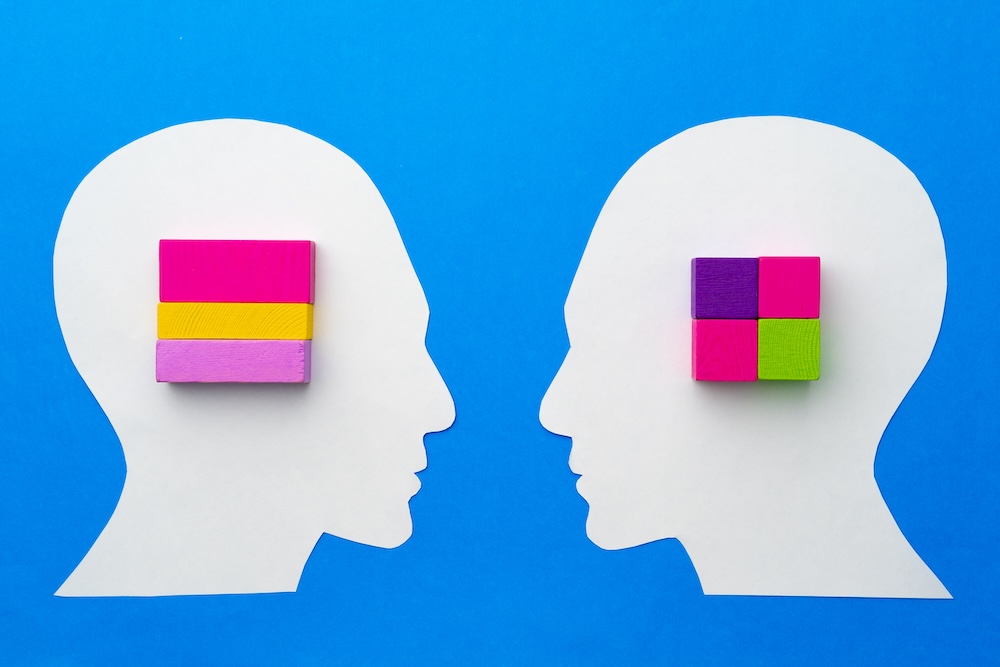Rethinking Intelligence in a Time of Crisis
For more than a century, IQ tests have dominated the conversation about intelligence. They measure reasoning, logic, and problem-solving — skills that matter, but do not tell the whole story. Today, as humanity faces climate breakdown, biodiversity loss, and widening social inequality, the limitations of IQ have never been clearer.
If brilliance is measured only by test scores, we risk rewarding cleverness without responsibility. History shows us that some of the most damaging industries — fossil fuels, plastics, fast fashion — have been built on technical ingenuity but without regard for long-term ecological consequences. True intelligence in the 21st century must be measured by something more: creativity, emotional intelligence, systems thinking, and ecological awareness.
Creativity: Innovation With Responsibility
Creativity has always been linked to problem-solving and innovation, but in the context of sustainability, it takes on a deeper meaning. Climate challenges demand new ways of thinking — redesigning cities, reimagining supply chains, reusing materials, and reshaping economies around circularity.
Divergent thinking tests, often used to measure creativity, ask people to imagine as many solutions as possible. But what if we measured societies in the same way — valuing the ability to generate multiple sustainable solutions to resource use, waste, and energy?
Creativity untethered from ethics can lead to greenwashing or unsustainable innovation. But creativity grounded in ecological responsibility can drive breakthroughs — from algae-based fabrics to zero-waste cities.
Emotional Intelligence: The Missing Link
Emotional intelligence (EQ) — the ability to understand, regulate, and respond to emotions — is too often dismissed as “soft.” Yet it may be the most critical intelligence for solving global problems.
Climate denial, for example, is not rooted in low IQ. Many climate deniers are highly educated. Denial often stems from fear, identity, or vested interests. Confronting these barriers requires empathy, emotional awareness, and the ability to connect across divides.
- Self-awareness allows individuals and leaders to face the discomfort of ecological truths without retreating into denial.
- Social awareness helps us recognize the unequal burdens of climate change — from frontline communities facing floods to farmers battling drought.
- Relationship management enables collaboration across sectors and nations, turning individual concern into collective action.
If we measured brilliance by emotional intelligence, we would value leaders who can build trust, foster resilience, and mobilize people toward sustainability.
The Social Injustice of Narrow Measures
IQ-centric definitions of intelligence have historically excluded entire communities. Cultural bias in testing, unequal access to education, and the privileging of abstract reasoning over lived knowledge have reinforced systems of inequality.
This mirrors the injustice of climate inaction: frontline communities — Indigenous peoples, low-income neighborhoods, small island nations — bear the brunt of climate change, yet their voices and wisdom are often sidelined.
By adopting a multidimensional view of brilliance, we could recognize the ecological knowledge of Indigenous communities, the resilience strategies of marginalized groups, and the cultural intelligence that sustains communities through crisis. These are not lesser forms of intelligence — they are precisely the forms our future depends on.
Would Going Beyond IQ Eliminate Climate Denial?
Not entirely. Denial is fueled by misinformation, political agendas, and corporate power. But broadening what we value as intelligence would make denial harder to sustain.
- A society that nurtures ecological literacy would better recognize misinformation.
- A culture that values empathy and creativity would be less likely to dismiss climate refugees or ignore environmental justice.
- A workforce trained in systems thinking would design policies and technologies that align with long-term planetary health.
Shifting how we measure brilliance won’t erase denial overnight, but it can erode the social and cultural soil in which denial grows.
Toward a Multidimensional Measure of Brilliance
A more complete approach to measuring intelligence must include:
- Cognitive abilities: Reasoning and problem-solving.
- Creativity: The ability to imagine sustainable alternatives.
- Emotional intelligence: Empathy, resilience, and collaboration.
- Ecological intelligence: Awareness of our interdependence with the natural world.
- Cultural intelligence: Valuing diverse knowledge systems and lived experience.
- Perseverance and motivation: Turning awareness into action.
Such a framework would redefine “success” — away from narrow test scores and toward sustainable thriving for people and planet.
Final Thoughts
IQ tests may measure one form of intelligence, but brilliance in the 21st century cannot be reduced to a number. Creativity, emotional intelligence, and ecological awareness are equally essential — not just for individual success but for our collective survival.
By broadening how we define and measure intelligence, we can challenge social injustices, elevate marginalized voices, and weaken the grip of climate denial. True brilliance is not the ability to outscore others on a test. It is the ability to imagine, empathize, and act in ways that sustain life.
The future depends not on raw IQ, but on a multidimensional intelligence that values empathy as much as logic, and sustainability as much as speed.









Reader Interactions